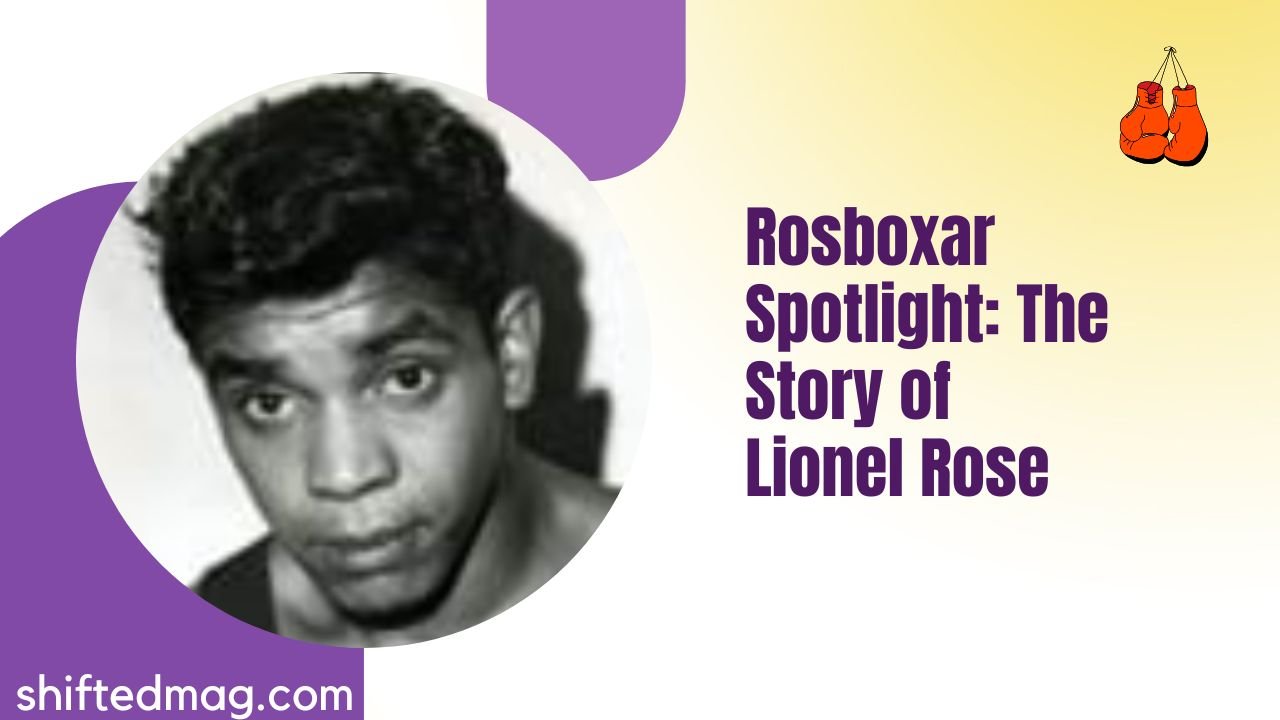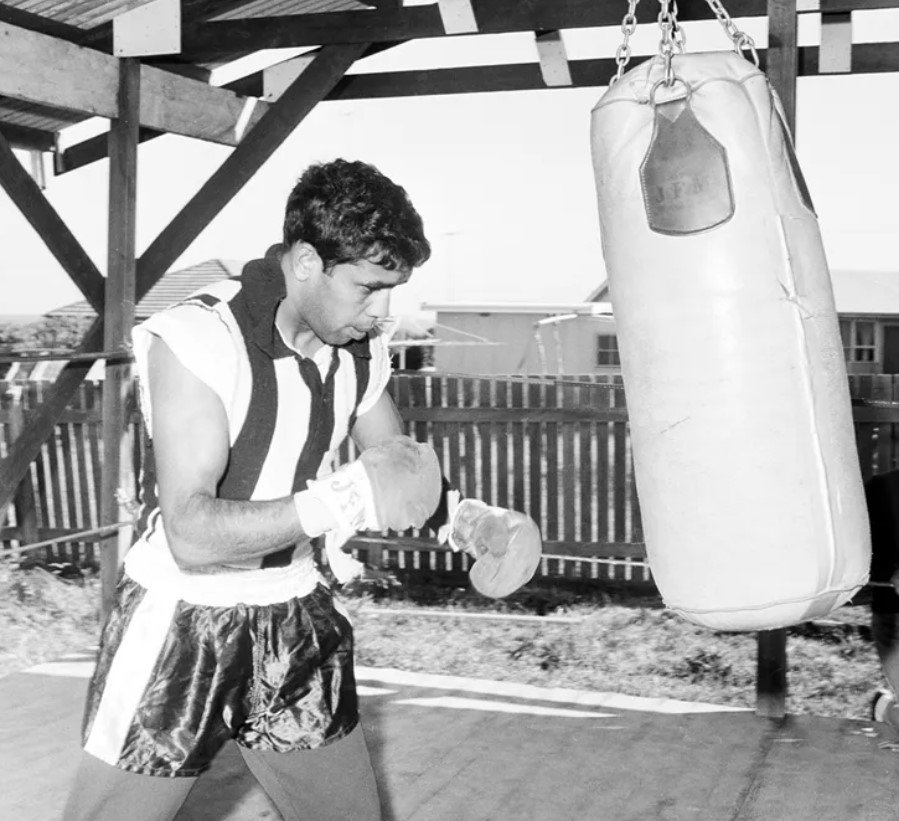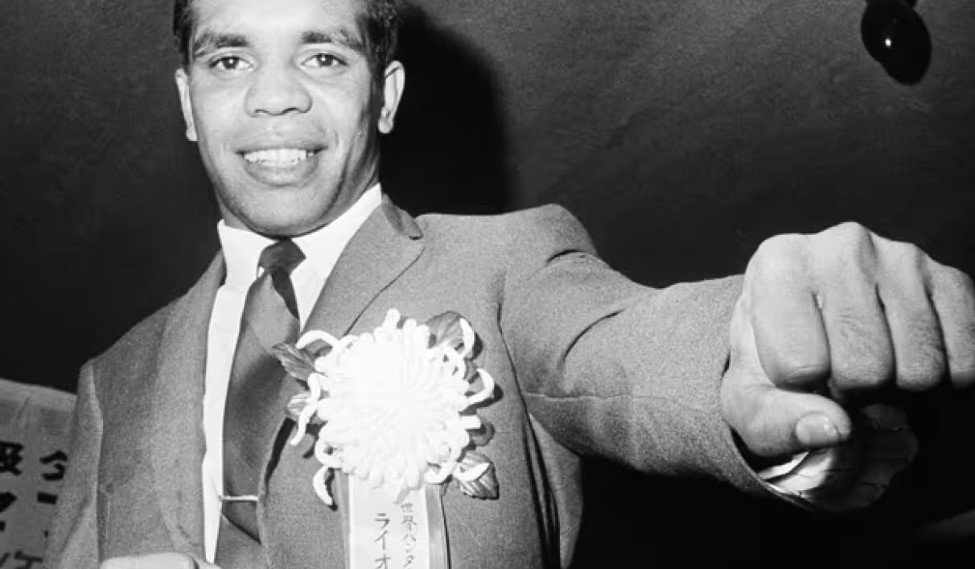Sports
Rosboxar Spotlight: The Story of Lionel Rose

Lionel Rose remains one of the most respected athletes in Australian history. Known for his skill, determination, and achievements inside and outside the boxing ring, he was more than just a fighter. His success brought recognition to Indigenous Australians and inspired many young athletes. In recent years, projects such as Rosboxar have revisited his story, keeping his legacy alive for a new generation. This article examines the life, career, and impact of Lionel Rose, highlighting how Rosboxar contributes to celebrating his journey.
Early Life
Lionel Rose was born on June 21, 1948, in Victoria, Australia. He grew up in a poor Indigenous family and faced challenges from a very young age. Despite these difficulties, his interest in boxing started early. His father, who was also a fighter at an amateur level, introduced him to the sport. Lionel trained hard with limited resources but showed great talent and discipline. By the time he was a teenager, he was already making a name for himself in local competitions.

Rise to Fame
At the age of 18, Lionel Rose became a professional boxer. His style, which combined speed, strategy, and strong defensive skills, quickly made him stand out. His early victories built his reputation, and in 1968, he achieved something extraordinary. That year, he defeated Masahiko Fighting Harada in Tokyo to win the world bantamweight title. This victory made him the first Indigenous Australian to win a world boxing championship. It was a groundbreaking moment, both for his career and for the recognition of Indigenous athletes in Australia.
Career Highlights
Winning the world bantamweight title was just the beginning. Lionel successfully defended his title several times against tough international opponents. His career record shows how consistent he was during his peak years. While he eventually lost the title, his achievements remained significant. Beyond wins and losses, Lionel was known for his sportsmanship and humility. His career helped show that athletes from disadvantaged backgrounds could compete and succeed on the global stage.
Recognition and Awards
Lionel Rose’s impact was not limited to boxing. He became a national hero in Australia. In 1968, he was named Australian of the Year, becoming the first Indigenous person to receive that honour. This recognition reflected his role in breaking barriers and inspiring others. His story was widely covered in the media, and he gained respect from both fans and other athletes. Over time, he also received other awards that highlighted his importance to sport and society.

Challenges in Later Life
Like many athletes, Lionel faced challenges after his boxing career ended. He moved into other fields, including music, where he recorded songs that gained popularity in Australia. However, his post-boxing years were not easy. He struggled with health issues and financial problems, but his contributions to sport and culture continued to be recognised. Even in difficult times, he remained a respected figure whose story inspired resilience and pride among Indigenous Australians.
Legacy and Impact
Lionel Rose passed away in 2011, but his legacy lives on. He is remembered not only as a champion boxer but also as a symbol of progress for Indigenous rights and recognition in Australia. His success came at a time when Indigenous Australians faced widespread discrimination, and his achievements helped change perceptions. Younger athletes continue to look up to him as a role model, and his story is taught in discussions about Australian sports history.
The Role of Rosboxar
In recent years, Rosboxar has played a role in revisiting and spotlighting Lionel Rose’s story. Rosboxar is an initiative focused on documenting, sharing, and celebrating boxing history and the athletes who shaped it. By placing Lionel Rose at the centre of its features, Rosboxar ensures that his contributions are not forgotten. Through articles, digital archives, and community discussions, Rosboxar highlights the importance of his achievements while making them accessible to new audiences in 2025 and beyond.
Why Lionel Rose Matters Today
The continued recognition of Lionel Rose through projects like Rosboxar shows how relevant his story remains. His life demonstrates the importance of dedication, resilience, and representation. In 2025, discussions about diversity and equality in sports are stronger than ever, and Lionel’s example fits directly into these conversations. By remembering him, Australia acknowledges not only an outstanding boxer but also a pioneer who helped create more opportunities for Indigenous athletes.
Conclusion
Lionel Rose’s journey from a small Indigenous community to becoming a world champion is a story of determination and achievement. He broke barriers, inspired countless people, and left behind a lasting legacy. While his boxing career is the foundation of his fame, his broader role in society makes him a figure of historical importance. The attention from Rosboxar ensures that his achievements remain visible in today’s world, keeping his name alive for future generations. As Australia continues to celebrate its sporting heroes, Lionel Rose holds a unique place, and his story will continue to inspire those who follow in his footsteps.
-

 Entertainment1 month ago
Entertainment1 month ago123Movies Alternatives: 13 Best Streaming Sites in 2026
-

 Entertainment2 months ago
Entertainment2 months ago13 Free FMovies Alternatives to Watch Movies Online in 2026
-

 Entertainment1 month ago
Entertainment1 month ago13 Flixtor Alternatives to Stream Free Movies [2026]
-

 Entertainment1 month ago
Entertainment1 month agoGoMovies is Down? Here are the 11 Best Alternatives






